“If you name call, people won’t listen.” —Annie Saltman, 6 years old
I am so grateful to have had the opportunity to be intimately involved with my twin grandchildren since they were born. I continually marvel at their innocence and joyfulness as they engage with the world and experience its wonders. Even though they live in a very protective and privileged bubble, I’m still in awe of how they lovingly and openly interact with each other, their family, and their friends.

As they are about to enter first grade, I wonder when and how they will start to lose their innocence. I wonder how long it will take before the rules, routines, and relentless pressures begin to strip away their sense of freedom and mystery. I know it will happen. I just don’t know how long they can hold onto their innocence and wholeheartedness once they enter the cultural wilderness they are about to confront.

Brené Brown, author of Dare Greatly, The Gifts of Imperfection, and Braving the Wilderness, suggests several guideposts for living wholeheartedly. Based on years of extensive research, she concludes that we need to cultivate authenticity, compassion, resiliency, gratitude, joy, trust, creativity, play, rest, calm, stillness, meaningful work, and laughter. In order to do that, she says we need to let go of what people think; our perfectionism; our feelings of powerlessness, anxiety, self-doubt, and fear; our needs for certainty, control and status; our obsessive achievement orientation, and our “should haves” and “could haves.” If only we could focus on all those goals without cultural distractions.
Think about it though. Babies start out being authentic, resilient, grateful, joyful, trusting, creative, playful, calm, still (sometimes), and fun loving. They are completely innocent.
How is it that babies turn into perfectionistic, helpless, fearful, obsessive, anxious, self-doubting, controlling, status-and-security-seeking neurotics (i.e. like us adults)?
They learn it in our homes, schools, communities, and work environments. How’s that for educational outcomes?

I will always remember my QiGong master, Luke Chan, saying to me:
“Just return to baby.”
I was never really sure what that meant until I started seeing signs of my grandkids growing out of their babyhood. Chapter 47 in the Tao Te Ching says:
“The farther you go, the less you know. Thus the sage knows without travelling; He sees without looking; He works without doing.”
I asked Luke to comment on this post. Here’s what he said.
“The younger we are, the more we know (love unconditionally by knowing or feeling we are One). By growing up, we venture out into the world and the less we know that we are One in nature. But growing up, we must. We will make mistakes, but as they say, ‘it is not about how low you fall but how high you bounce back.’ By having good childhood memories, people can always bounce back to Oneness by remembering the ‘innocent’ feeling.”
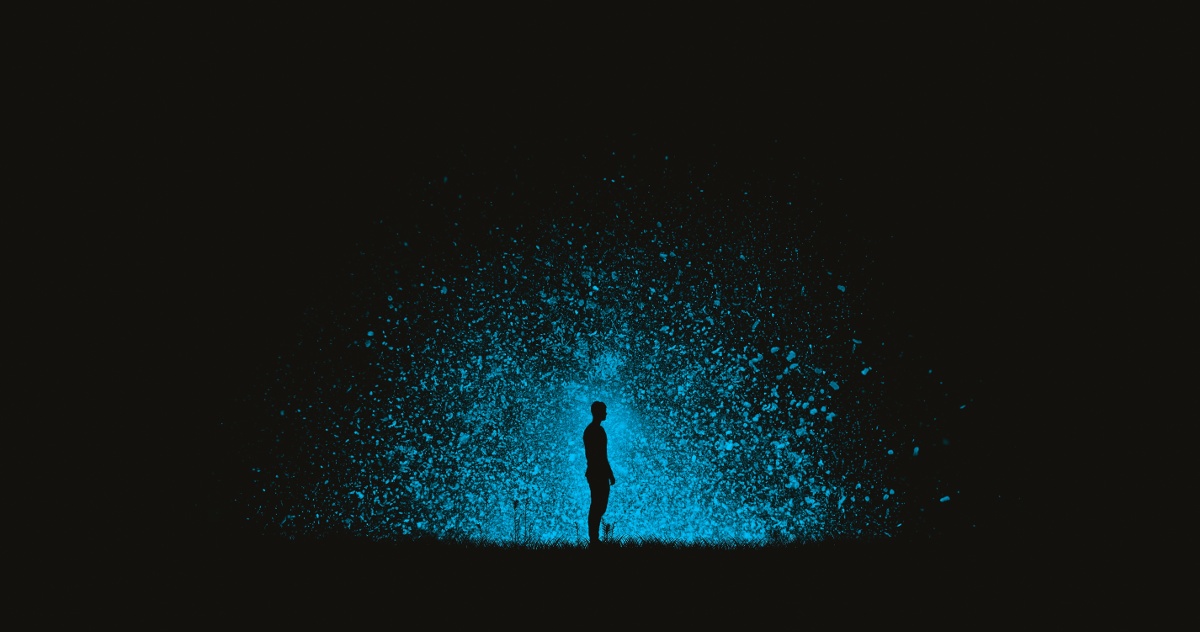
Ah, what a gift to have access to Luke’s wisdom.
So, the question is, how do we help our kids grow up, remember they are One in Nature, and bounce back higher when they fall?
The beginning point for answering that question is to fully understand the wilderness our kids are about to enter.
I believe the culprit behind the loss of innocence is the culture. To me, Brené Brown nails the individual struggle.
I’d like to explore some of the cultural factors that make the struggle to “dare greatly” and to “brave the wilderness” so daunting and why it can be so hard to remember our innocence.
For me, the biggest cultural barriers revolve around the ways in which most of our day to day lives are sexualized, politicized, monetized, militarized, trivialized, and privatized.
Let me briefly discuss each.
A sexualized culture:
The #MeToo movement has finally exposed the underbelly of male-female relationships that has been under the radar screen for millennia.
In 2008, the American Psychological Association published The Sexualization of Girls in which they documented how sexualized images in the media have resulted in increased levels of depression, low self-esteem, and eating disorders in young girls. Little girls are glamming up at five years old.
Women are constantly told to look younger, thinner, and sexier throughout their lives. This sexualization and objectification has fueled the explosion of human trafficking.
Two confessions. One, my wife will tell you that I have contributed to this objectification; and two, my granddaughter is fascinated by Barbie. Yikes.

A politicized culture:
Turning Point USA, a conservative organization that combats liberalism on university campuses, now fuels hate by making provocative statements designed to entrap progressive professors into saying or doing things they may regret.
A case in point: A group of Alt-Right campus activists staged a sit-in with the intent of provoking liberal professors to over-react. They succeeded. A professor became so frustrated with their right-wing rhetoric that she flipped them the finger. The professor was fired.
I have written in several posts about the harmful effects of tribal passions and identity politics, so I won’t belabor the point here.
Suffice it to say that, in this increasingly polarized and politicized environment, it is more difficult to engage in healthy debate and to collaborate to find innovative solutions for our collective good.
My grand-kids are already starting to identify as Jewish liberals. I’m proud of their passion, but I worry about the consequences.
A monetized culture:
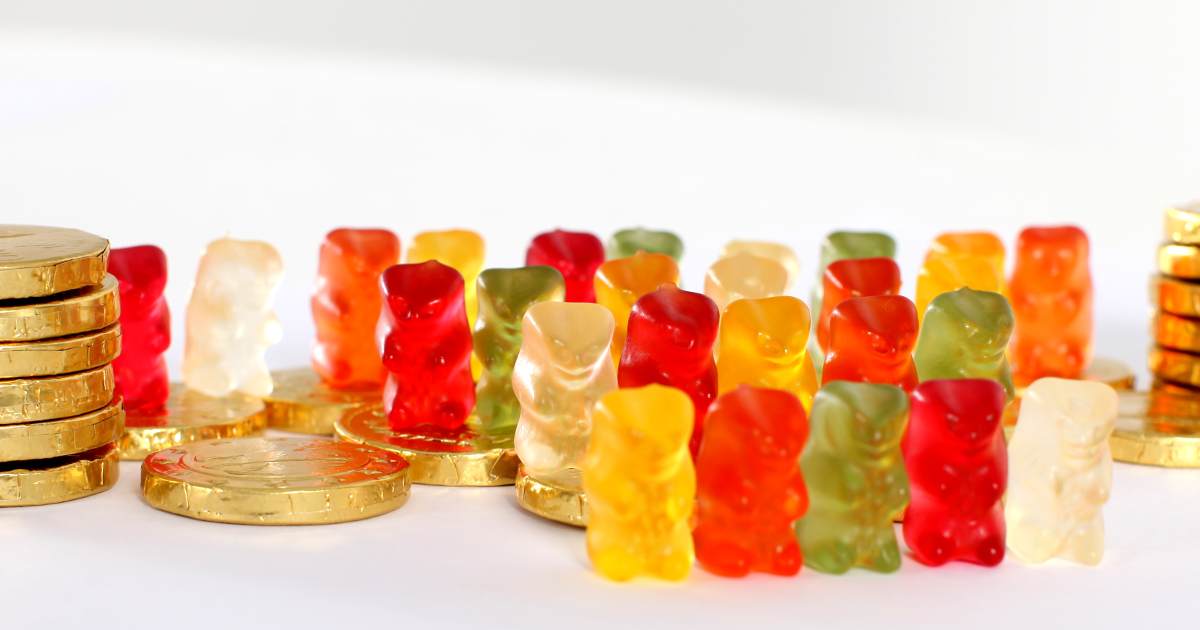
It seems that everything has a price, and we equate worth with how big the number is. Expensive cars, enormous salaries, monster houses, and fancy clothes have become our measures of success. Even principles and politicians can be bought now.
Monetized cultures rest on the belief that “progress” can be justified no matter how much destruction happens in the waves and wakes of that progress.
For a jarring example, witness how we are destroying rain forests for financial gain. Opposition to monetizing everything pales in comparison to the self-interest of those who are reaping profits or depending upon favors. My grandkids live in a highly affluent and monetized culture, but I hope they will measure success by size of their heart, the kindness of their soul, and the vitality of their spirit.
A militarized culture:
In his 1961 farewell address, President Eisenhower warned of the growing influence of the military-industrial complex on American policy and politics.
Since then, we have seen an ever more pervasive militarization of American culture.
Americans have come to accept intrusions in the name of national security, particularly after 9/11.
The Patriot Act and the abuses of surveillance are obvious examples. Police forces have become more militarized and SWAT teams are now equipped with increasingly lethal military hardware. The NRA even promotes the militarization of our schools to reduce shooting massacres. Threats of terrorism conveniently justify the acceleration of these trends.
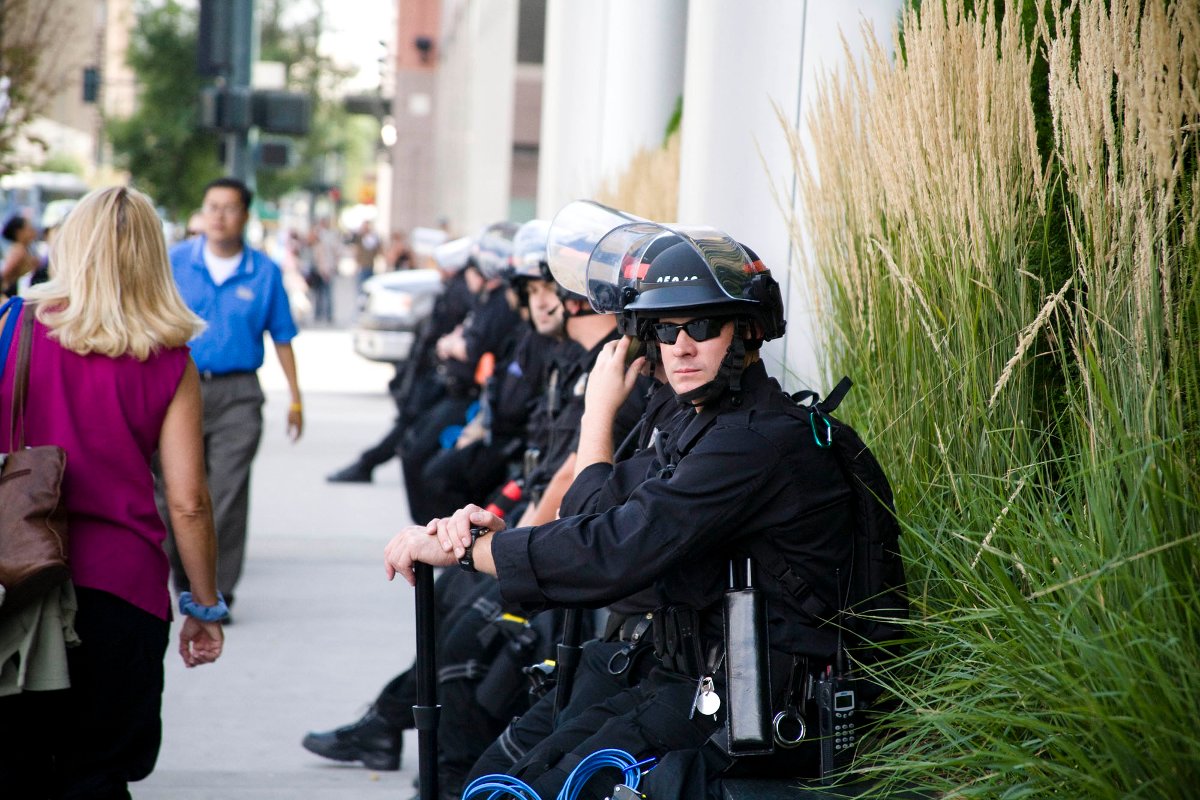
Even more importantly, we are seeing the militarization of language.
The “war” metaphor now applies to cancer, poverty, drugs, illiteracy, obesity, etc.
I’m revolted watching previews of coming attractions when I visit the movie theatre. Most of the movies are extremely and gratuitously violent. The language and images are not lost on our kids. I was walking my grandson to school the other day and he was carrying his toy motorcycle. He said, “I’m going to put guns on this motorcycle.” When he saw my horrified face, he continued, “They will only shoot food and fun!” Oh, may he keep those sensibilities and sensitivities.
A trivialized culture:
It appears that in our quest to downsize, we have downsized the importance of meaning. Relationships are reduced to friending and non-friending on Facebook. We seem to be devaluing the values of respect, trust, integrity, decency, etc.
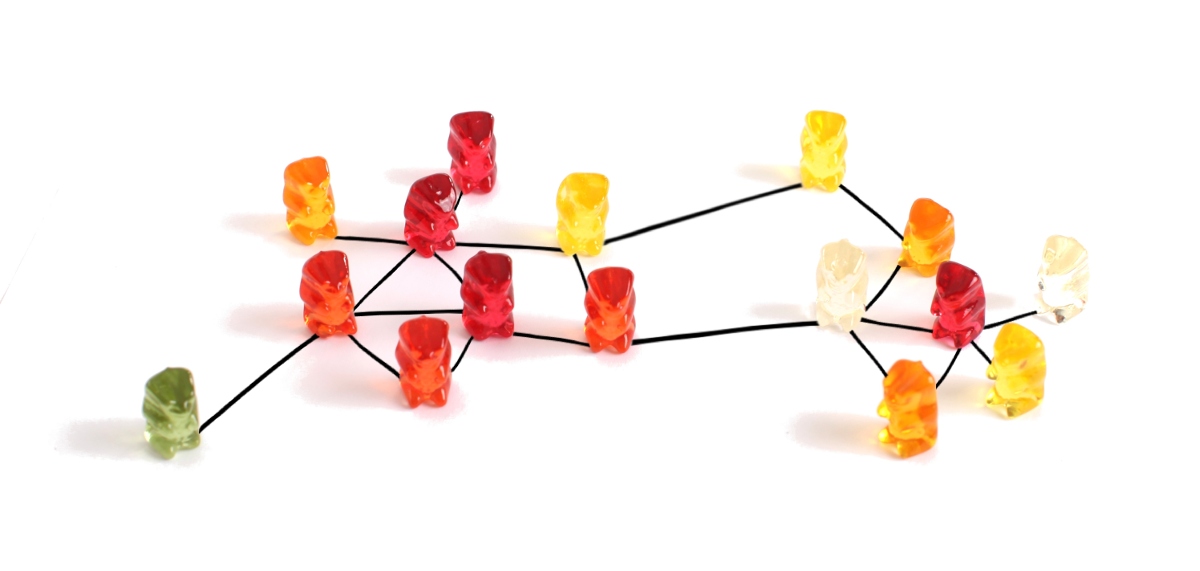
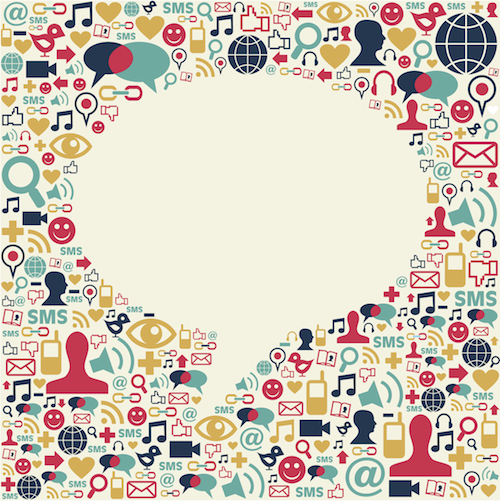 As we are bombarded by a variety of media sources, we tend to think more about sports, news, and weather than we do about weightier issues.
As we are bombarded by a variety of media sources, we tend to think more about sports, news, and weather than we do about weightier issues.
Perhaps we have gone too far in our attempts to “lighten up.” Drew Faust, president of Harvard, worries about the dumbing down of the culture.
She laments,
“people will not listen to […] or read more than a couple of sentences.”
She asks, “Does everything have to be a sound bite?” She suggests there are many complicated ideas that deserve more patience and attention. In the battle against banality we seem to be heading in the wrong direction.
The trivialization of big ideas in religious institutions has also not helped.
I hope our kids can retain their connection to foundational values and what gives us real meaning in life. I hope their curiosity grows as they age.
A privatized culture:
Private schools, private clubs, private beaches—all exclusive enclaves for the rich and privileged.
In The Meaning of Privatization (Yale Law and Policy Review 6, 1988), Paul Starr suggests that privatization is a fuzzy concept that evokes sharp reactions.
It emerged as conservative opposition to the growth of government, but new trends open wider the conflict over the right level of public-private balance.
At the core of this conflict is the notion that private is seen as closed and public is seen as open. Private means access is restricted and visibility is reduced.
The idea of privatization applies to ideas as well as to property.
In my experience, I have seen way too much appropriation of large ideas that are trivialized and then commercialized for private gain. Instead of giving credit to the source of an idea and then using that idea to trigger even greater innovations, many people latch onto an idea, claim it as their own, and then squeeze it for every drop of profit they can. I would love to see the pendulum swing back from self-interest to public concern. I am delighted when I see my grandkids acting unselfishly toward each other and their kindergarten friends. I’m hoping they preserve that generosity as they grow older.
Yes, no matter how committed and capable we are to dare greatly and to brave the wilderness, the culture offers significant challenges to preserving our innocence.
Fortunately, I am seeing hopeful signs that today’s youth are developing pockets of wisdom that go beyond what we ever could have imagined as jaded adults.
The Parkland Florida kids inspired us all with their courage and brilliance. Malala Yousafzai has single-handedly contributed to improved education for girls across the world. When I went to YouTube and searched for more examples, I found an abundance of videos demonstrating how wise and able our kids have become.
It appears that wisdom bubbles are proliferating at an accelerating rate.

Here is a link to a video on Malala’s story that illustrates extreme, individual bravery in the face of an extreme, cultural wilderness.
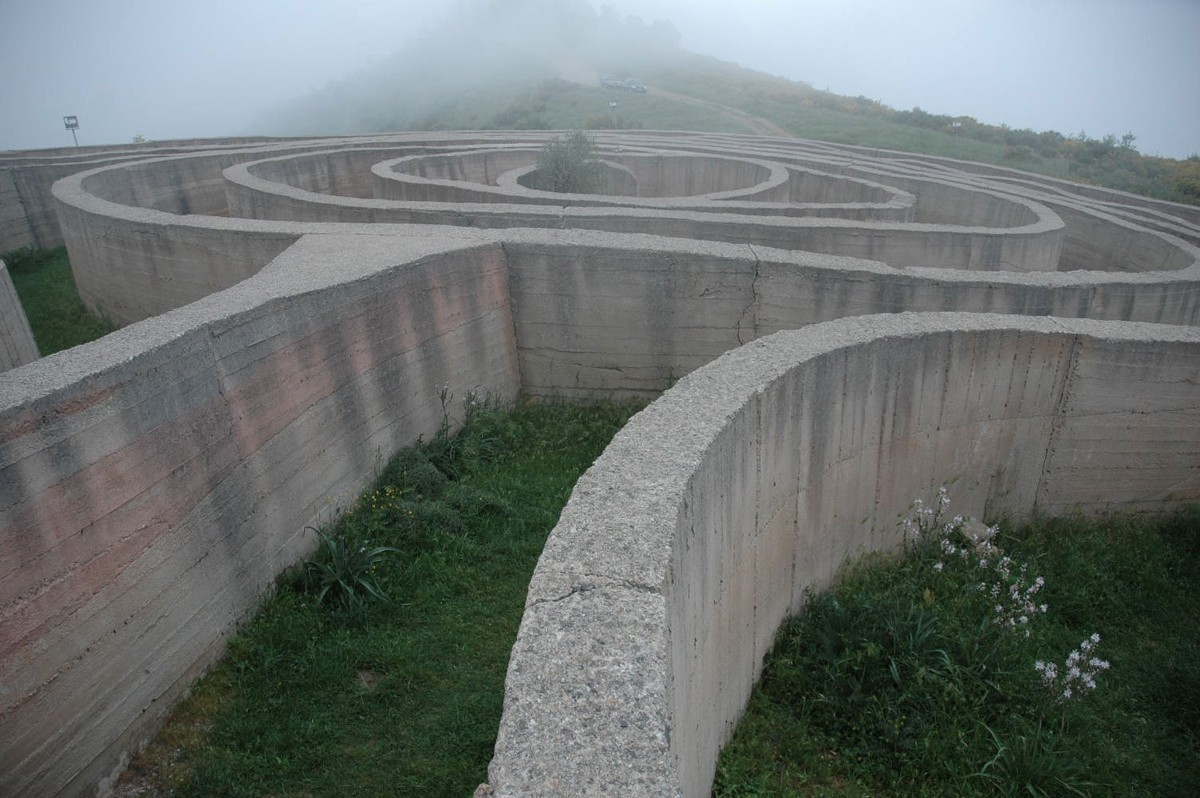 So, it’s a long, winding, and circular road from innocence to wisdom with many cultural pitfalls to navigate.
So, it’s a long, winding, and circular road from innocence to wisdom with many cultural pitfalls to navigate.
And as the Tao Te Ching suggests, “the farther you go, the less you know.”
If we are able to work through this wilderness, however, we can always return to baby—not only rediscovering our innocence but also growing in wisdom through the struggle.
So, it’s a long, winding, and circular road from innocence to wisdom with many cultural pitfalls to navigate. And, as the Tao Te Ching suggests, “the farther you go, the less you know.” If we want to help our kids survive and grow in this wilderness, however, we need to help them rediscover their innocence while they grow in wisdom. As a grandparent, all I can do is love my kids unconditionally, help them navigate the cultural wilderness they are about to enter, and hope that they retain their innocence while they acquire the wisdom they need to thrive.
As adults, our choices are simple: Do we want to strive for authenticity, open to vulnerability and connect more deeply to ourselves and to others; or do we let the cultural winds blow us around like leaves – taking us farther and farther away from our innocence, our freedom, and our home? Do we resist the sexualized, politicized, militarized, privatized, monetized, and trivialized nature of our culture; or do we retreat into our bubbles and hope our kids figure it out and change it.
Here’s my advice – Return to baby, earn your wisdom points in the cultural wilderness, contribute to positive culture change, and – as my granddaughter innocently and wisely suggests -don’t name call.
Also published on Medium.
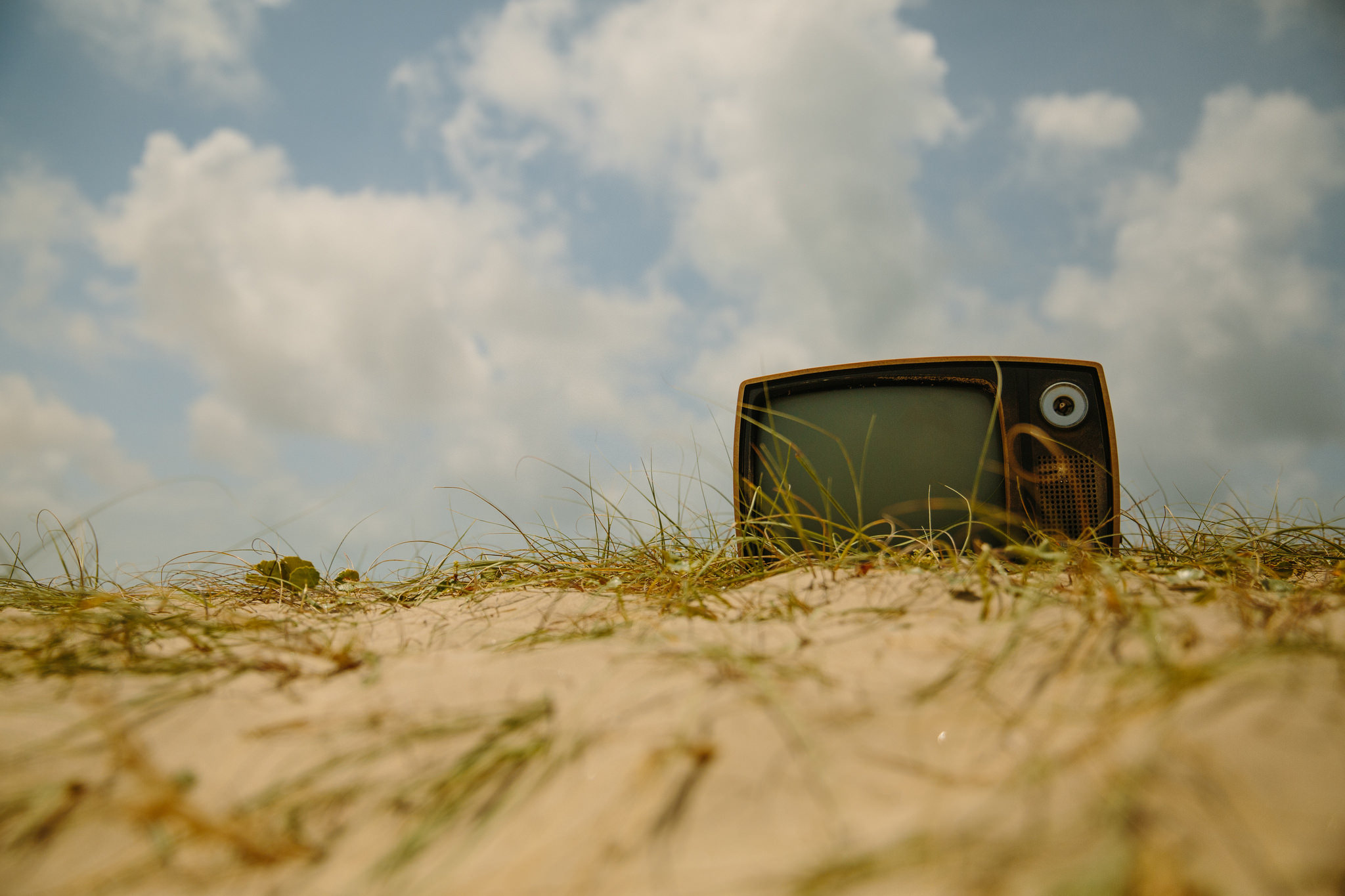


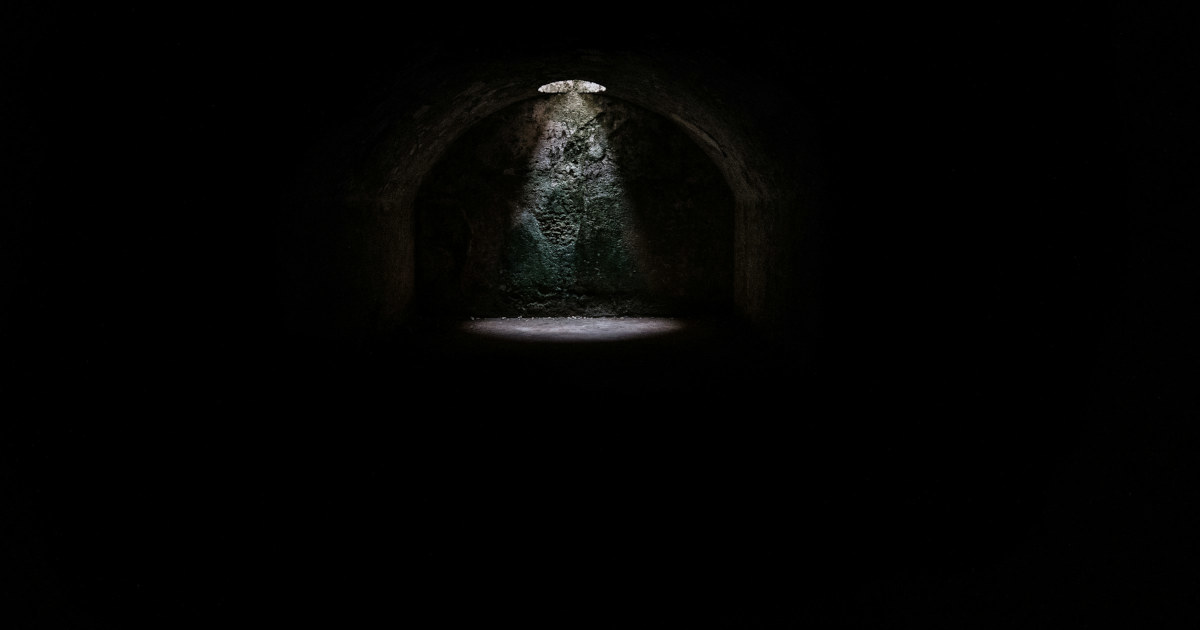
Your grandchildren, Rick, are true treasures in so many ways . . . their laughter, grace, style, humor and enormous hearts are gifts to us all. Clearly their grandfather and grandmother raised an incredible mother . . . and now they are able to receive the wonderful gifts of love, compassion and kindness from all of you (oh, yes and from their dad too!).
Thanks so much for your kind comments. We feel so lucky to be so connected.
Lovely, Rick. Only just in case you can’t talk Ezra and Annie out of their Liberal Jewish Schtick, you can reassure them that they can still help the world become a better place as such Liberal Jews as Carole King (born Klein): https://www.youtube.com/watch?v=r4oNGlBoiHg
Right on Ricky! Thank you
RonnyDonny